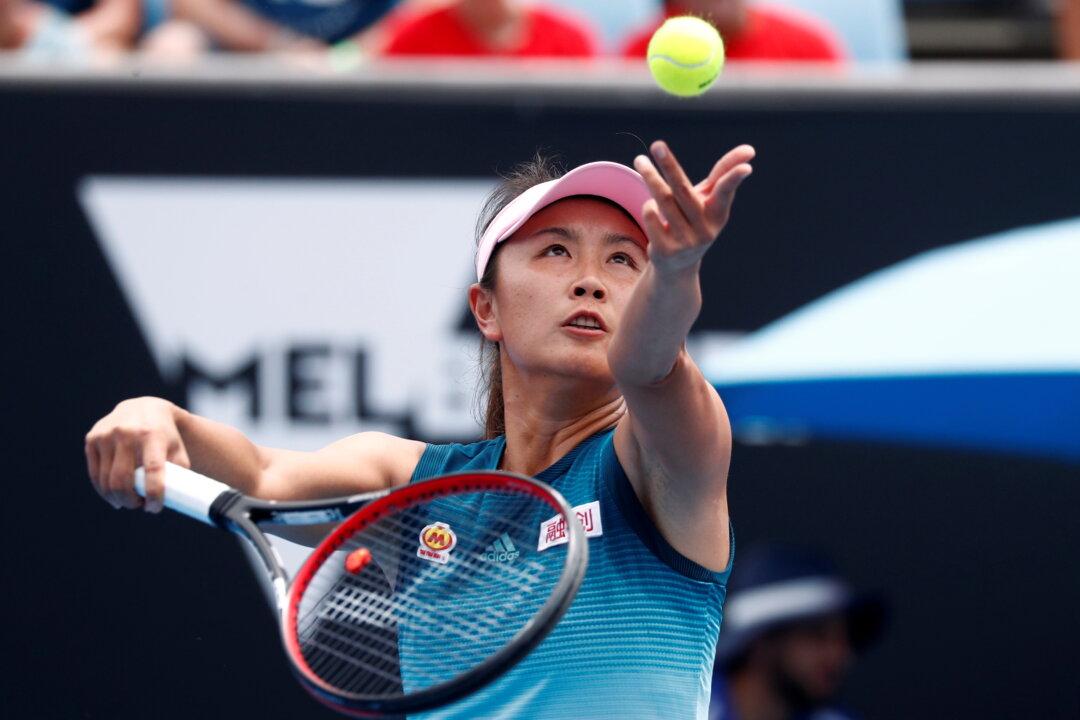Commentary
Over the weekend, reports emerged that the security service of the Australian Tennis Open, assisted by police, had ordered a spectator to remove her T-shirt that featured an image of Chinese tennis star Peng Shuai on the front and the message “Where is Peng Shuai?” on the back.





